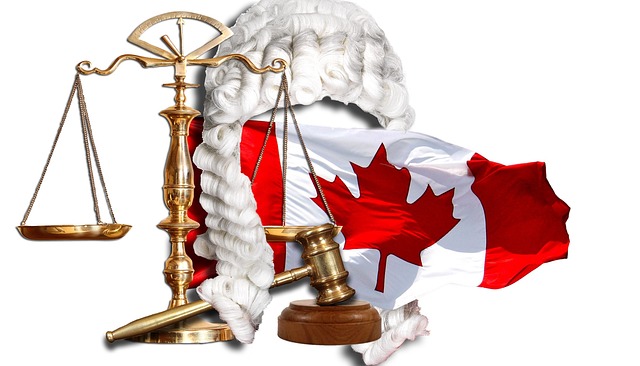Washington County advocacy groups play a vital role in civil commitment processes, ensuring individuals' rights are protected and guiding them through complex legal procedures while prioritizing mental health and public safety. These groups offer tailored legal assistance, bridge the gap between legal systems and mental wellness, and foster a compassionate environment for marginalized residents facing psychological crises.
In Washington County, civil commitment issues require careful navigation, especially for low-income individuals. This article delves into the intricate aspects of understanding civil commitment processes, exploring available legal aid options, and highlighting the pivotal role of advocacy groups in mental health support. We guide you through rights and resources, ensuring those seeking involuntary commitment are equipped with knowledge. Discover how Washington County advocacy organizations are revolutionizing access to justice and transforming lives affected by mental health challenges.
- Understanding Civil Commitment in Washington County
- Navigating Legal Aid Options for Low-Income Individuals
- The Role of Advocacy Groups in Mental Health Support
- Rights and Resources for Those Seeking Involuntary Commitment
Understanding Civil Commitment in Washington County

In Washington County, civil commitment refers to the legal process of confining an individual who poses a danger to themselves or others in a controlled environment, usually a mental health facility. This is distinct from criminal commitments, focusing on treatment and recovery rather than punishment. The process involves a thorough assessment by medical professionals and legal advocates to ensure the individual’s rights are protected while addressing their immediate needs.
Advocacy plays a crucial role in Washington County civil commitment procedures. Legal aid organizations provide support to individuals facing commitment, ensuring they understand their rights and options. These advocates help navigate complex legal systems, offer guidance during hearings, and advocate for fair treatment, promoting the individual’s best interests while maintaining public safety.
Navigating Legal Aid Options for Low-Income Individuals

Navigating the legal aid landscape in Washington County can be challenging for low-income individuals facing civil commitment issues. There are various options available, each with its own strengths and eligibility criteria. The first step is to understand one’s financial situation and identify the appropriate resources. Local advocacy groups and non-profit organizations often provide legal assistance programs tailored to specific needs, including civil commitment cases. These organizations may offer free or low-cost representation, ensuring that financial constraints don’t prevent access to justice.
Washington County residents can explore public interest law firms, government-funded legal aid societies, and community-based initiatives dedicated to supporting vulnerable populations. Each option has its unique application processes, which typically involve demonstrating financial need and eligibility for the specific program. By reaching out to these organizations, low-income individuals can gain access to experienced attorneys who advocate on their behalf, ensuring their rights are protected throughout the civil commitment process.
The Role of Advocacy Groups in Mental Health Support

In Washington County, advocacy groups play a pivotal role in providing mental health support and navigating complex civil commitment issues. These organizations offer invaluable assistance to individuals facing psychological crises, ensuring they have access to necessary resources and legal representation. By advocating for their rights, these groups help protect vulnerable citizens, especially those who may be marginalized or face barriers in accessing traditional healthcare services.
The Washington County advocacy community works tirelessly to raise awareness about mental health concerns, lobby for policy changes, and provide direct support to those in need. Their efforts bridge the gap between legal proceedings and mental wellness, offering a holistic approach to addressing civil commitment challenges. Through their dedication, these groups foster a more compassionate and inclusive environment where individuals can receive both legal aid and the specialized care they deserve.
Rights and Resources for Those Seeking Involuntary Commitment

In Washington County, individuals facing civil commitment issues have specific rights and resources available to them through dedicated advocacy groups. These organizations play a crucial role in guiding those seeking involuntary commitment through the legal process, ensuring their rights are protected. The first step for anyone considering this course of action is to consult with a legal advocate who specializes in mental health law. These advocates can provide essential information about the commitment procedures, potential outcomes, and available support systems within Washington County.
They also help individuals navigate the complex web of state laws and regulations related to civil commitment. By connecting them with appropriate services and resources, these advocates foster an environment where those in need receive the care and assistance they require. This process not only ensures a fair and just approach but also empowers individuals to make informed decisions regarding their mental health and well-being.
